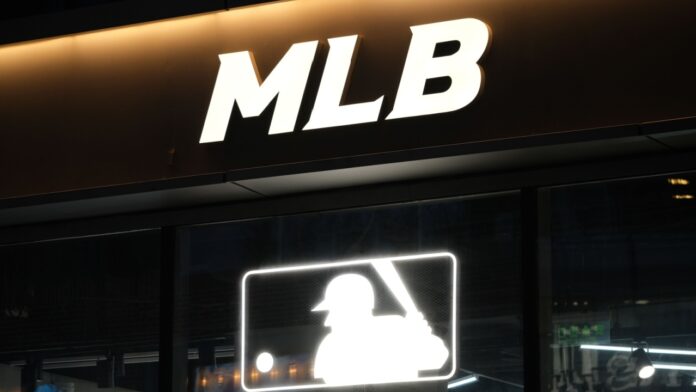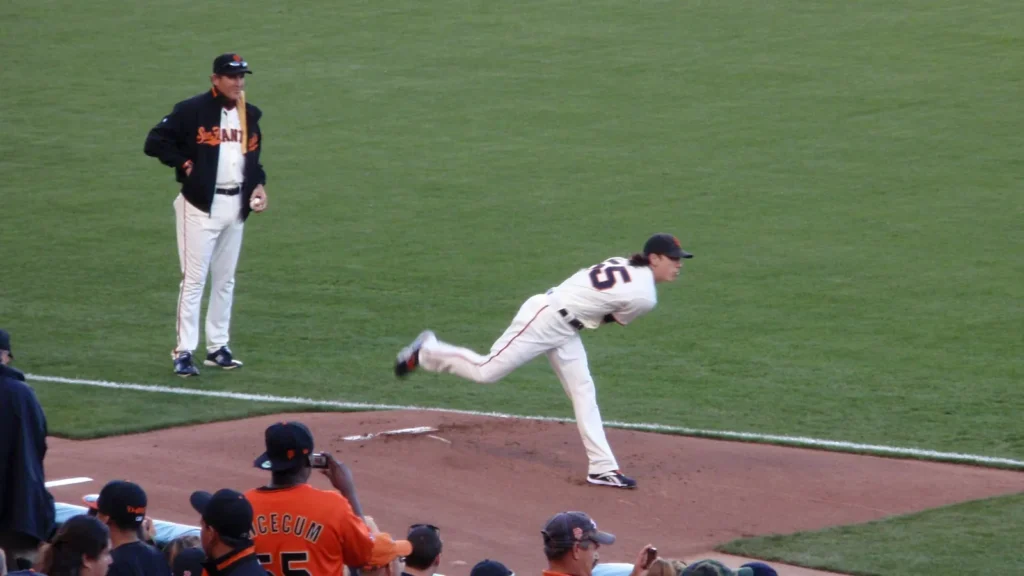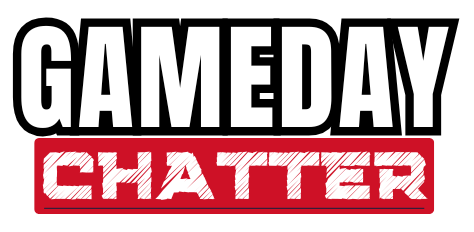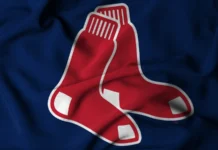
Every player who fights through the minor leagues knows the road to the big leagues is full of sweat, setbacks, and small victories. The journey through the minors is not just a warm-up for the majors. It builds character, sharpens skills, and separates the dreamers from the doers.
In this article, we’ll explore how life in the minor leagues helps shape future Major League Baseball (MLB) stars. We’ll look at the hard living conditions, the learning curves, and the mental grit required. Then we’ll answer common questions about that path. Finally, we’ll wrap up with what it all means when a player finally makes it to the show.
The Gritty Realities of Minor League Life

Life on a Tight Budget
One of the first things any player faces is how different minor-league life is from the major-league spotlight. The conditions are tougher, the pay is lower, and the future is always uncertain. Players often live in dorm-style or modest shared housing, especially at lower levels.
Some have described cramped or poor-quality apartments or motels during their first years. In extreme cases, players have slept in cars or clubhouses when housing was limited. These stories show how difficult the journey can be on the road to the majors.
Constant Movement and Pressure
Many players bounce between teams, levels, or cities with little notice. That instability demands flexibility and mental toughness. The pay in the minors has been a long-standing issue, but in recent years, Major League Baseball has taken steps to improve salaries and housing standards.

Despite these changes, life remains demanding and uncertain. The grind forces players to learn patience, focus, and endurance, qualities that later help them thrive in the majors.
Building Resilience
Why do these struggles matter for future stars? Because enduring tough conditions builds mental and emotional strength. Players learn to wake up early, travel long distances, face failure, and keep pushing forward. By the time they reach the majors, they have already been tested. They know what it means to work hard when things are not easy, and that experience becomes their edge under the bright lights.
Skill Building and Game Sense in the Minors
Developing Technical Skills
The minor leagues are where players truly master their craft. They focus on improving every detail of their game, bat speed, pitch selection, defensive footwork, and base-running instincts. They also learn how to prepare like professionals: how to recover from injuries, manage nutrition, and study opposing players. The day-to-day repetition helps transform raw talent into reliable skill.
Learning the Professional Game
Players also learn how a professional clubhouse operates. They discover how to handle the media, deal with setbacks, and maintain consistency. A study that examined over two thousand American-born players showed that time spent in the minors directly influences a player’s long-term success. Each player’s path is different, but those who embrace the developmental process tend to build more sustainable careers.
Sharpening the Mental Game
Minor-league life forces players to manage frustration and failure. A batter who strikes out multiple times in a week must learn to mentally reset and stay confident. A pitcher who gives up a key home run must find the courage to take the mound again the next day.
These moments create toughness and emotional control, skills just as important as physical ability. The mental strength developed in the minors often separates those who merely reach the majors from those who succeed there.
Previewing Greatness
Many of today’s MLB superstars showed flashes of their potential while still in the minors. Their early dominance demonstrated what they would later become. Stories of players who lit up minor-league scoreboards remind us that this stage is not just about waiting for a call-up. It is a true proving ground where future legends first learn to shine.
The Transition to the Big Leagues and Beyond
Adjusting to the Big Stage

When a player finally gets the call to the majors, the journey is far from over. The jump from the minors to the majors is huge. Crowds are larger, the media spotlight is brighter, and the competition is fiercer. Players who have endured years in the minors are often better prepared for that transition because they have already learned to handle pressure and change.
Experience That Lasts
The experience of moving through the minors helps players adapt quickly when they reach the MLB. Those who have been promoted, demoted, or traded before are used to uncertainty. They understand how to manage expectations and stay focused.
The habits built during their years in the minors, daily routines, preparation, and mental toughness- often carry them through the highs and lows of a major-league career.
When the Grind Pays Off
Not every player becomes a superstar, but the time spent in the minors provides a foundation that every big-league athlete relies on. Even those who dominate in the minors can struggle at first in the majors.
But the lessons learned through years of hard work often help them make the necessary adjustments. The minor leagues give players the space to grow, fail, and mature before facing the game’s biggest stage.
Frequently Asked Questions
How many levels are there in the minor leagues?
There are five main levels in the current minor-league system: Rookie ball, Single-A (sometimes called Low-A), High-A, Double-A, and Triple-A. In 2021, Major League Baseball reorganized its development structure, reducing the number of affiliated teams and standardizing four full-season levels per MLB club.
Do all MLB players go through the minors?
Almost every player who reaches the major leagues spends time in the minors. High school and college draftees, along with international players, all pass through this system. Only a few rare players skip the minors entirely.
What are the biggest challenges in the minors?
Some of the toughest challenges include low pay, frequent travel, modest living conditions, long bus rides, and constant pressure to perform. Although salary and housing improvements have begun, the grind of daily games and travel remains intense. Players must stay focused and disciplined to endure it.
How does spending more time in the minors affect a player’s career?
Spending more time in the minors can help players refine their skills and strengthen their mindset. However, staying too long can make it harder to break through if opportunities run out. Each player’s timeline is unique, and there is no single formula for success.
Can a minor-league player who is not a top prospect still become a star?
Yes. Many players who were not highly ranked prospects have gone on to become MLB stars. The minor leagues give every player a chance to develop at their own pace. Dedication, hard work, and consistent improvement can turn an overlooked prospect into a major-league success story.
Conclusion
- The life of a minor-league player is challenging but deeply formative.
- It teaches persistence, skill, and mental strength that define major-league success.
- Though pay and living standards have improved, the grind and sacrifice remain part of the journey.
- The minors are not simply a stepping stone; they are the foundation of professional baseball.
- Every call-up to the majors is a reflection of years of unseen effort, long nights, and quiet determination that began in the minor leagues.
Read More
- The Rise of International Players in MLB
- These Players Are Heating Up for the 2025 MLB Playoff Push
- How Jackie Robinson Changed American Sports Forever
This article was made with AI assistance and human editing.



